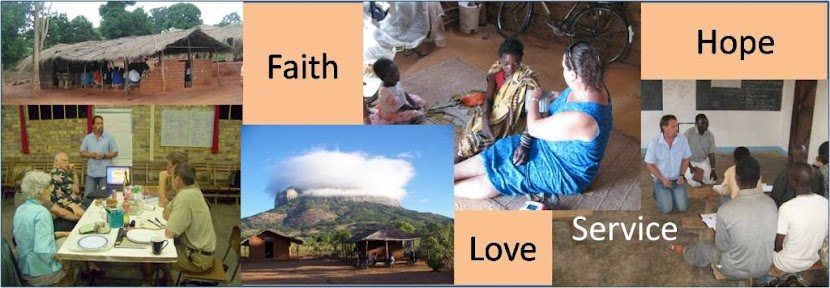“I killed my daughter.”
Toronto taxi-driver Muhammad Parvez, 60, had just strangled his 16-year-old daughter, Aqsa. So he dialed 911 and reported. Nobody could accuse him of hiding his crime.
Maybe no one was surprised when, last week in court, he pleaded guilty to the 2007 murder.
People often claim that “you can’t legislate morality.” Such a statement doesn’t square with reality. In actual fact, all law is based on some moral code. The question is not “can morality be legislated?” but rather, which morality will be legislated.
Western society was built on the moral code of Judeo-Christian theism. But atheism also has a code, built on arbitrary absolutes. And, as the Aqsa murder story brutally illustrates, Islam has its own (fierce) moral code as well.
The last few years in Canada have included discussion of allowing sharia law to operate in some domains (marriage, family and business disputes) “under the umbrella of Canada law.” Such a notion seems tantamount to condoning the use of brass knuckles in a street fight as long as a roped-in boxing ring is provided.
Jürgen Habermas is considered Germany’s foremost philosopher and one of “Europe’s stalwart secularists” who is “challenging the idea that religious reasoning inevitably retreats from the public sphere.” Here’s what he says about Christianity’s contribution to freedom and human rights, essential ingredients protected by a moral code:
Christianity, and nothing else, is the ultimate foundation of liberty, conscience, human rights, and democracy, the benchmarks of Western civilization. To this day, we have no other options [than Christianity]. We continue to nourish ourselves from this source. Everything else is postmodern chatter.
A society’s moral foundations cannot be separated from its institutions: the moral vision of a society informs all of public life. Trying to entrench opposing moral visions can only result in chaos. Eventually one will emerge.
The difference is more than superficial.
In South-Africa we are building more and more laws to control the population. If you are a good citizen because of the laws, you are a slave! When we were young in faith, we were like slaves. As we grew to know God we became more and more children and are not slaves any more!
What do we see as a good life?
What are the moral base that supports this life?
What are the faith basis that supports this moral base?
As christians, how do we understand God's heart? What is in His heart?
If we investigate well, we will find our faith foundation of our life. Any life's vissible part have a faith base even if it is in something else than Christ.

No comments:
Post a Comment